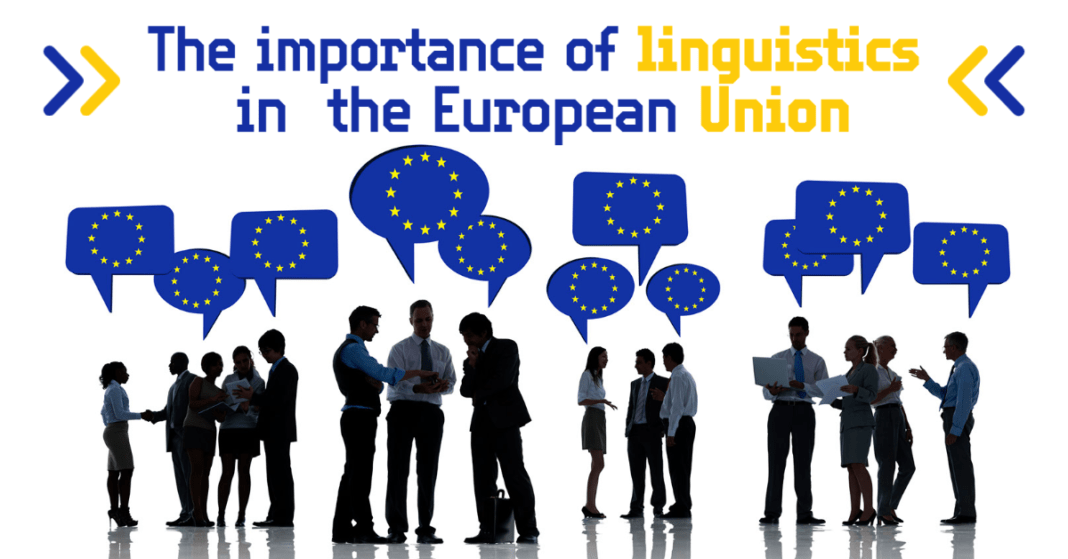Linguistics, as the scientific study of human language, is essential to address the numerous challenges that today’s society faces. In fact, without language, communication would probably not exist. Given its interdisciplinary nature and its applied approach, little by little we see that linguistic research is also revamping the global labour market, as evidenced for example by the transformational artificial intelligence (AI) or the well-known machine learning, which require linguistic analysis for the computational treatment of natural languages. Thus, linguistic study has become a fundamental pillar shaping the new knowledge society.
Additionally, the Digital Revolution in which we are immersed has proved to change linguistic research as well. These computer and digital developments have given rise to the concept of “Digital Linguistics”, which refers to the way we research linguistics with the use of new technologies, the Internet, social networks and other digital resources that help us to carry out research in this field (Crespo Miguel, 2020: 151).
Linguistics has always been essential for the European institutions for several reasons. Firstly, Europe is a multilingual continent, with 24 official languages spoken. Linguistic expertise is crucial for ensuring effective communication across the continent. The European institutions rely on linguists to translate and interpret documents, speeches, and other means of communication from one language to another, thus ensuring that everyone can understand and participate in European affairs.
Secondly, linguistics plays a vital role in language policy and planning. The European institutions are responsible for promoting multilingualism and language diversity across the continent, which requires a deep understanding of how languages work, how they evolve, and how they are studied. Linguists help develop language policies that support linguistic diversity, promote language learning, and improve language education.
And thirdly, linguistics is crucial for understanding and addressing issues related to language and communication, such as language barriers, language discrimination, and language-based inequality. By understanding how language works and how it impacts our lives, the European institutions can work to ensure that all citizens have equal access to opportunities and services, regardless of their language background.
In Termino Qualitas
Terminology, as a discipline within the branch of Applied Linguistics that deals with the systematic study of the labelling or designation of concepts belonging to specialised fields and their standardisation in the form of dictionaries, glossaries, vocabularies, termbases, thesauri, etc., is undoubtedly fundamental to the work carried out in the European institutions, not least because of the great help and support it provides to translators and terminologists when it comes to unifying the terms of legislative procedures in each of the 24 official languages of the EU. By providing information on the meaning and the use of terms, terminologists contribute to the accuracy and consistency of translations. This is particularly important in an environment like the European Parliament, where the texts can be very technical. Furthermore, it is worth emphasising that EU legislation, adopted by the European Parliament, is law applicable in the Member States. Correct and consistent Terminology is therefore essential for ensuring uniform EU-wide application of laws, which contributes to legal certainty in the EU.
Indeed, referring back to the digitalisation of science, Prof. Casas Gómez (University of Cádiz) during his speech in the XXIII. Deutscher Hispanistentag (Graz, February 2023) emphasised that terminology was one of the linguistic disciplines that has benefited most from these digital advances by incorporating them into its own working methodology, via the digitalisation of corpora, electronic repositories, termbases, automatic term extraction, terminographic analysis and also the insertion of terminological entries on web applications, computer platforms or graphical user interfaces designed specifically for this purpose. An excellent example of digital terminology is the product of the inter-institutional EU terminologists’ work in the EU terminology database, IATE (InterActive Terminology for Europe), in which EU-specific terminology is collected, managed and disseminated, thus enhancing the availability and standardisation of information.
To learn more about IATE please click here. To get to know the history of Terminology in the European Parliament, please click here.
References
Casas Gómez, M. (2023). Terminología y lingüística digital. M. Hummel, K. Gerhalter, H. Fernández, (Eds.): XXIII. Deutscher Hispanistentag. Tagungsband. pp. 450-451.
Crespo Miguel, M. (2020). Lingüística digital: revisión de su estado actual y retos en el Instituto Universitario de Investigación en Lingüística Aplicada de la Universidad de Cádiz. Pragmalingüística, 28, 148-165.
European Union (n.d.). IATE terminology database. Available at https://iate.europa.eu
Terminology Coordination Unit (2013). History of Terminology in the European Parliament. Available at https://termcoord.eu/history/
Written by Victoria Saura Montesinos

Born in Murcia, Spain, her academic background includes a Double Degree in Linguistics and Applied Languages and English Studies at the University of Cadiz and Loughborough University (Erasmus+), and a Master’s degree in Spanish as a Foreign Language (Mid Atlantic University). With the aim of continuing her research career, Victoria is currently doing a PhD in Applied Linguistics, with a scientific interest in Terminology and Specialised Communication, Lexical Semantics, Corpus Linguistics and Digital Linguistics.

